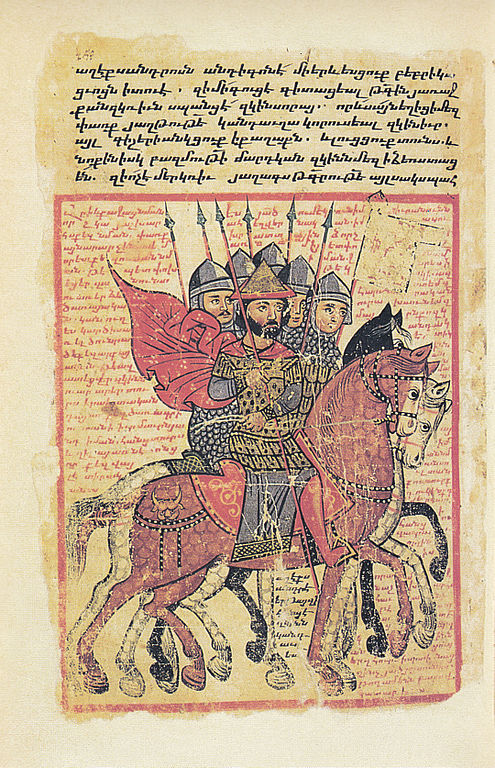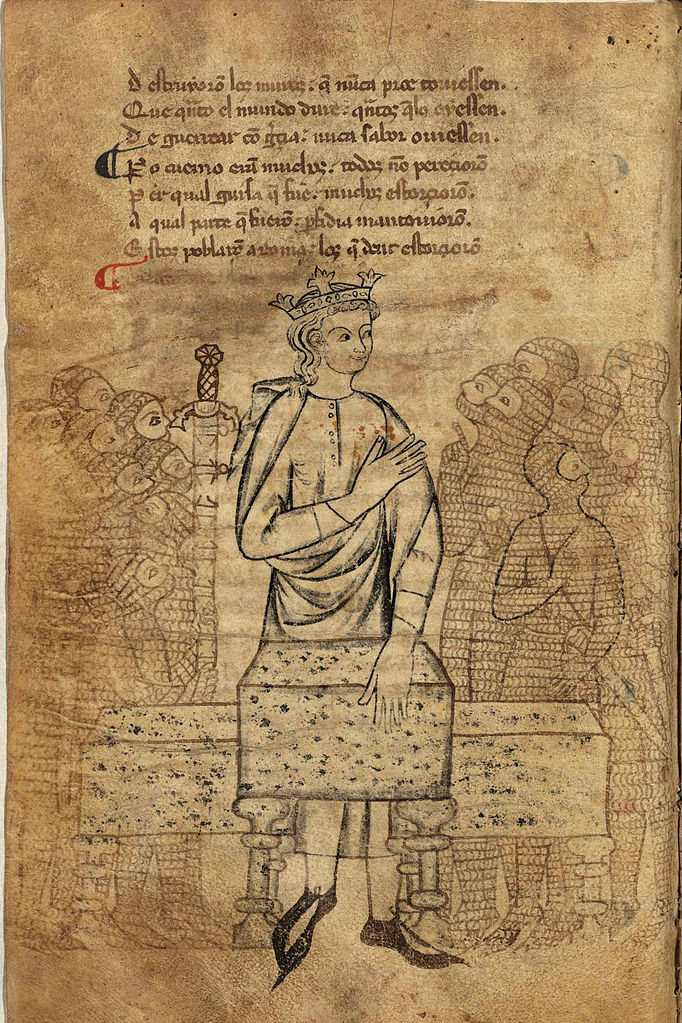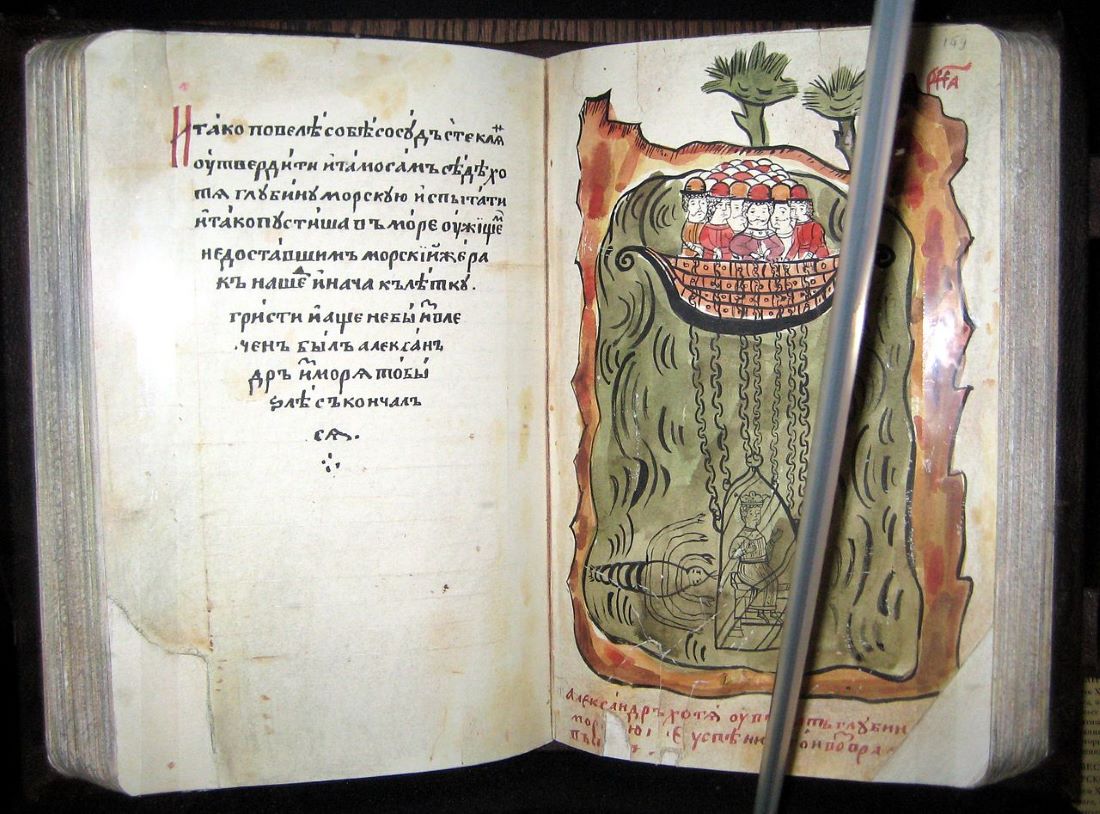Alexander Romance, known also as the Alexander Saga, has captivated audiences across various cultures and nations, standing as a testament to its widespread appeal and enduring legacy. Esteemed as one of the most influential books of the medieval period, it was rivaled in popularity only by the Bible itself. Beyond its comprehensive account of the life of Alexander the Great, it flourished during the Middle Ages as a chivalric romance, from which many stories and heroic deeds were derived. This literary masterpiece not only chronicles the extraordinary exploits of Alexander but also serves as a rich source of inspiration for knightly tales throughout the era. Its significance and impact in shaping the medieval narrative landscape cannot be overstated, making it a cornerstone of literary and cultural history.
The History Behind Alexander Romance
The Alexander Romance, a composite of history and myth, traces its roots back to the Hellenistic period following Alexander the Great’s death in 323 BC. Initially attributed to pseudo-Callisthenes, its authorship remains a subject of speculation, suggesting a blend of various historical and imaginative sources. The narrative’s vast appeal led to its translation into numerous languages, each version introducing its unique elements and adaptations. This diversity of versions reflects the diverse cultural contexts in which the Romance was embraced, with each translation or recension adding or omitting stories to cater to local tastes and ideologies. The work’s evolution over the centuries is a testament to its flexibility and enduring popularity, serving various political, cultural, and educational purposes across different eras and regions.

In English literature, the Alexander Romance made its mark as early as Old English times, indicating its longstanding influence. The transmission of texts like “Alexander and Dindimus” to figures such as Charlemagne by Alcuin of York in 781 showcases its early significance. By the late twelfth century, with the rise of French chivalric epics, Alexander became a favored subject, paralleling legends like Troy, Arthur, and Charlemagne. Key translations and adaptations during this period include Thomas of Kent’s “le roman de toute chevalerie” and Alexandre de Bernays’ “French roman d’Alexandre,” which laid the foundation for its prominence in medieval English literature. Throughout the next centuries, the Alexander Romance continued to inspire an array of works in England, ranging from “King Alisaunder” to the “Buik of Alexander” in Scotland, solidifying its status as a cornerstone of medieval narrative tradition.
Alexander Romance as a Knightly Read
The “Alexander Romance” rose to prominence in the Middle Ages, becoming second only to the Bible in its readership and influence. This literary work, with its rich tapestry of adventures and moral undertakings, resonated deeply with the chivalric ethos of the time. Knights and nobility found in Alexander’s character an embodiment of the virtues they aspired to: unparalleled bravery, unwavering loyalty, and a noble pursuit of glory. The tales of Alexander’s encounters with mythical beasts, and divine entities, and his journey through unknown lands captivated the medieval imagination, offering a blueprint for the ideals of knighthood. These stories were not just entertaining; they served as moral compasses, guiding knights in their conduct and aspirations, thereby reinforcing the chivalric values of medieval society.

In essence, the “Alexander Romance” remains a seminal work in the genre of chivalric literature, its narratives of heroism and exploration echoing through the ages. It stands as a testament to the enduring allure of stories that celebrate the quest for knowledge, the valor of the hero, and the infinite possibilities of the human spirit. Through its pages, generations of readers have ventured into the unknown, inspired by Alexander’s example to seek out their paths of glory and honor. Its legacy endures a beacon for those who dream of achieving greatness, reminding us of the power of literature to inspire, educate, and elevate.
Historical Challenge: Can You Conquer the Past?
Answer more than 18 questions correctly, and you will win a copy of History Chronicles Magazine Vol 1! Take our interactive history quiz now and put your knowledge to the test!

